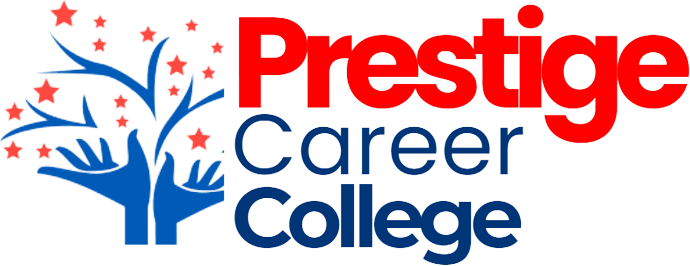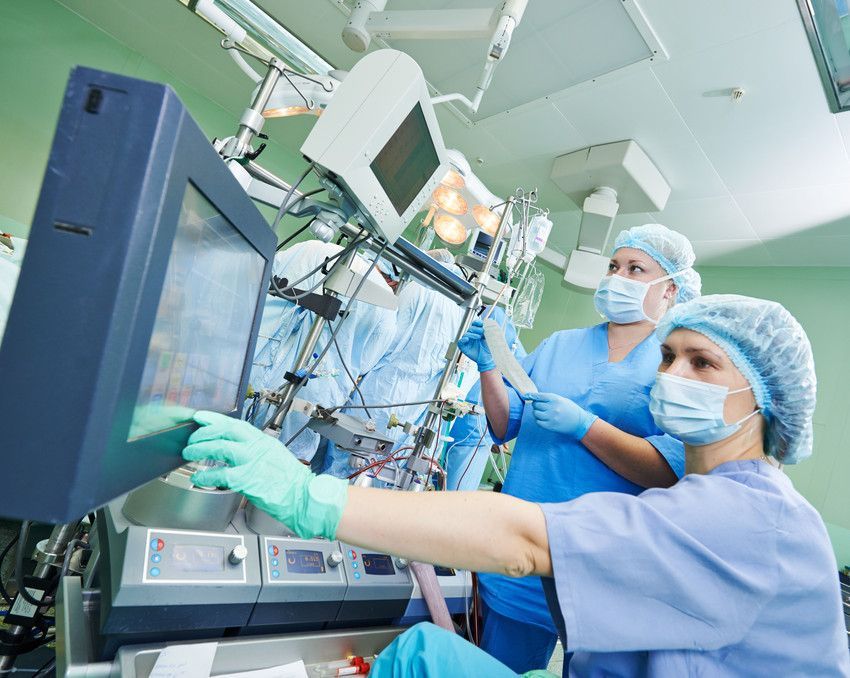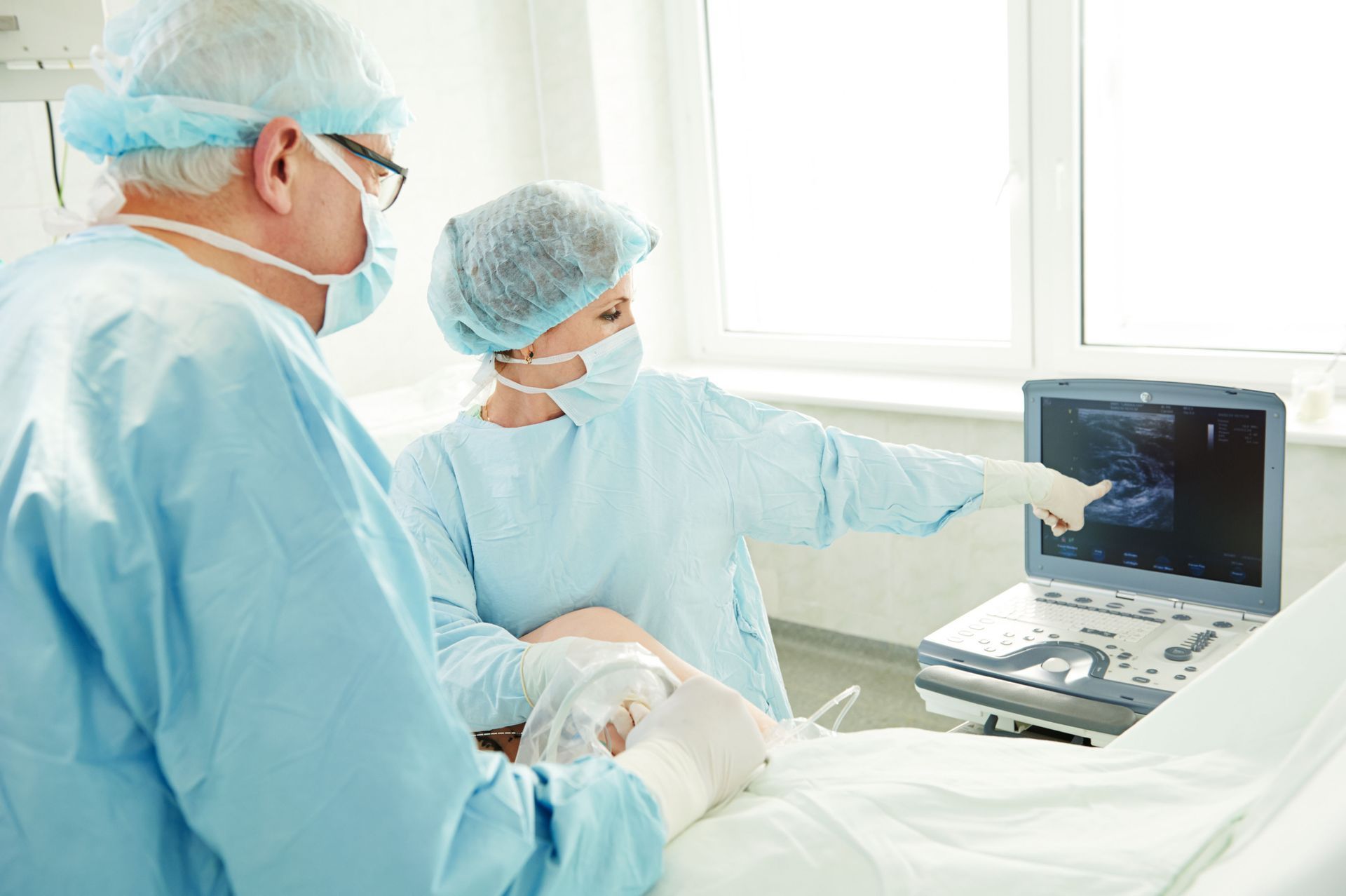The Essential Skills Every Medical Assistant Needs to Succeed
A local certified medical assistant plays a vital role in healthcare, blending clinical and administrative duties to keep operations running smoothly. Their adaptability and diverse skill set are key to ensuring quality patient care and efficient workflows. According to the Bureau of Labor Statistics, the number of medical assistant jobs in the U.S. in 2024 was 811,000—showing the strong demand for skilled professionals in this field. Mastering a range of competencies not only enhances patient care but also provides job security and career growth opportunities for every local certified medical assistant.
1. Clinical Proficiency
Clinical skills form the backbone of a local certified medical assistant’s responsibilities. From taking vital signs to assisting in procedures, these tasks require both precision and care to ensure safe, effective treatment.
1.1 Vital Signs Measurement
Measuring and interpreting vital signs—such as blood pressure, pulse, respiration, and temperature—provides critical information about a patient’s health. A local certified medical assistant must be accurate and attentive, ensuring physicians can make informed decisions quickly. Regular training and familiarity with equipment maintain consistency and confidence in this daily task.
1.2 Phlebotomy Skills
Drawing blood is an essential part of diagnostic and treatment processes. A local certified medical assistant must use proper technique, sterile procedures, and calming communication to keep patients comfortable. These skills help maintain sample integrity and minimize the risk of infection while building patient trust.
1.3 Administering Injections
Injections require knowledge of dosage, technique, and site selection. Every local certified medical assistant must understand intramuscular, subcutaneous, and intradermal methods. Mastery of these ensures accurate medication delivery and prevents unnecessary discomfort or complications.
1.4 Infection Control and Sterilization
Preventing infection is essential in all healthcare environments. A local certified medical assistant upholds strict hygiene standards, uses protective gear, and follows sterilization protocols. Their diligence protects both patients and healthcare providers, creating a safer clinical setting.
1.5 Basic First Aid and CPR
During emergencies, a local certified medical assistant is often the first to respond. Knowing first aid and CPR helps stabilize patients and can save lives before advanced medical personnel arrive. Regular re-certification ensures readiness when seconds matter most.
2. Administrative Excellence
Behind every efficient clinic is a local certified medical assistant who keeps schedules organized, records accurate, and communication flowing. Administrative skills are just as critical as clinical expertise.
2.1 Patient Scheduling and Coordination
Scheduling appointments efficiently reduces wait times and optimizes a provider’s day. A local certified medical assistant balances emergencies, follow-ups, and consultations to maintain smooth patient flow while minimizing stress on staff and patients.
2.2 Record Keeping and Documentation
Accurate documentation is vital for continuity of care. A local certified medical assistant records patient information, treatments, and test results with precision. Their attention to detail supports accurate diagnoses and compliance with medical standards.
2.3 Medical Billing and Coding
Billing and coding are key to maintaining financial stability in a practice. A local certified medical assistant must understand ICD and CPT codes to process claims efficiently and minimize errors. This contributes directly to timely reimbursements and a practice’s overall financial health.
2.4 Insurance Processing
A local certified medical assistant verifies insurance coverage, processes claims, and communicates clearly with both patients and insurers. Handling these administrative tasks with care prevents misunderstandings and ensures patients receive necessary treatments without delay.
2.5 Office Management Skills
Managing supplies, equipment maintenance, and workflow coordination are vital. A local certified medical assistant often handles these duties, using strong organizational and multitasking abilities to keep operations running seamlessly.
3. Communication and Interpersonal Skills
Communication defines the patient experience. A local certified medical assistant must show empathy, clarity, and professionalism to ensure that patients feel respected and understood throughout their care journey.
3.1 Patient Interaction and Care
Active listening and compassion are at the heart of quality care. A local certified medical assistant provides reassurance, answers questions, and builds trust, creating a more positive and comfortable environment for patients.
3.2 Effective Team Collaboration
Teamwork between medical assistants, nurses, and physicians enhances care coordination. A local certified medical assistant plays a key role by sharing updates, assisting procedures, and maintaining open communication that ensures everyone works toward common goals.
3.3 Dealing with Patient Confidentiality
Maintaining patient confidentiality is fundamental. A local certified medical assistant must comply with HIPAA regulations, safeguarding sensitive information and fostering trust with patients and staff alike.
3.4 Managing Patient Complaints
Resolving complaints with professionalism and empathy is essential. A local certified medical assistant listens carefully, acknowledges concerns, and takes prompt action to provide solutions, strengthening the patient-practice relationship.
3.5 Communication with Healthcare Providers
Medical assistants serve as the bridge between patients and providers. A local certified medical assistant ensures vital details are communicated efficiently, supporting timely and effective patient care decisions.
4. Technological Competence
Modern healthcare depends on technology. A local certified medical assistant must be tech-savvy, able to manage digital records, billing systems, and telehealth tools to enhance workflow and accuracy.
4.1 Electronic Health Records (EHR) Management
EHR systems are essential for data accuracy. A local certified medical assistant inputs and updates patient information while maintaining compliance with data protection laws. Regular training ensures efficiency in managing digital workflows.
4.2 Familiarity with Medical Software
Proficiency in medical software, including scheduling and billing platforms, enables a local certified medical assistant to streamline daily operations and assist clinicians effectively. Adaptability to evolving software is key to long-term success.
4.3 Utilization of Telemedicine Tools
As telehealth becomes more common, a local certified medical assistant helps patients connect with providers virtually, ensuring technical readiness and comfort with the process. Their support makes remote care accessible and efficient.
4.4 Basic IT Troubleshooting
Technical challenges are inevitable. A local certified medical assistant who can resolve minor tech issues helps prevent workflow interruptions and reduces reliance on outside technical support.
4.5 Data Privacy and Security Awareness
Safeguarding data is paramount. A local certified medical assistant follows cybersecurity best practices, including secure passwords, encrypted communication, and awareness of phishing threats, protecting both patients and the clinic.
5. Problem-Solving and Critical Thinking
Quick thinking defines success in healthcare. A local certified medical assistant must anticipate needs, make informed decisions, and adapt rapidly to changing conditions while keeping patients safe and comfortable.
5.1 Assessing and Prioritizing Patient Needs
Identifying urgent needs and prioritizing care helps streamline operations. A local certified medical assistant uses observation and communication to support patient triage and improve efficiency.
5.2 Supporting Complex Procedures
During complex procedures, a local certified medical assistant anticipates provider needs, prepares instruments, and ensures patient comfort. Their attentiveness helps procedures run smoothly and safely.
5.3 Handling Emergency Situations
Emergencies require calm, decisive action. A local certified medical assistant relies on training in first aid and CPR to provide immediate support before further intervention.
5.4 Efficient Time Management
Balancing multiple responsibilities requires organization and focus. A local certified medical assistant uses prioritization techniques to maintain productivity while avoiding burnout.
5.5 Decision-Making Under Pressure
When rapid decisions are needed, a local certified medical assistant relies on experience and judgment to act responsibly. Confidence and composure under pressure enhance patient outcomes.
6. Cultural Competence and Diversity Awareness
A local certified medical assistant interacts with diverse populations and must deliver care that’s respectful and inclusive. Understanding cultural and language differences strengthens the patient-provider relationship.
6.1 Understanding Cultural Differences
Recognizing cultural beliefs and practices helps a local certified medical assistant communicate effectively and avoid misunderstandings, fostering inclusivity and trust.
6.2 Providing Culturally Sensitive Care
Delivering care that aligns with patients’ values and customs helps a local certified medical assistant create an environment of respect and compassion that encourages patient engagement.
6.3 Language and Translation Skills
Communication barriers can hinder care delivery. A local certified medical assistant who uses translation resources or speaks multiple languages bridges these gaps and promotes clarity.
Becoming a skilled local certified medical assistant means mastering clinical, administrative, technological, and interpersonal skills. These abilities ensure patient safety, efficient operations, and compassionate care. As healthcare evolves, so too will the responsibilities of the local certified medical assistant—making their role indispensable to the success of modern medical practices. If you want to become a local certified medical assistant, contact Prestige Career College.






Share On: